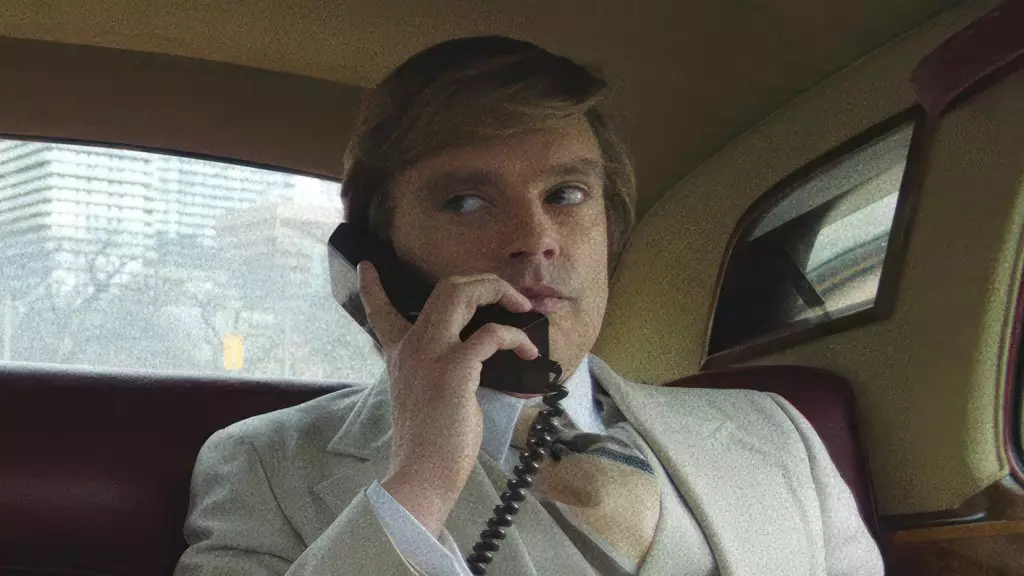As Sebastian Stan gears up for the release of his daring portrayal of Donald Trump in the much-anticipated film “The Apprentice,” the anticipation surrounding this project is palpable. Set to premiere in US theaters on October 11, this film arrives at a politically charged moment in time, coinciding with the crucial countdown to the next Election Day. The audacity of his role as Trump, an ever-divisive figure in American politics, has sparked both curiosity and debate. Stan’s preparation and insights into the character provide a fascinating look into what it takes to embody such a controversial persona.
Method Behind the Madness
During his recent appearance on the “Today” show, Stan offered insights into his preparation for the role, affirming that he approached the character much like a musician honing their craft. “It’s pretty much been very well documented, his sort of rise into what we see today,” he remarked, emphasizing the extensive research required to authentically portray Trump. Stan likened the method of getting into character to playing an instrument, highlighting the dedication and effort needed to master the nuances of Trump’s personality. This metaphor suggests a deep commitment to understanding the former president’s mannerisms, speech patterns, and overall demeanor—elements crucial for convincingly bringing him to life on screen.
However, with such a deeply immersive approach to character study, one can’t help but wonder about the psychological toll it could take. Stan’s admission that he didn’t get much sleep during this process raises questions about the balance an actor must maintain between their real selves and their on-screen personas. The stakes are particularly high when acting alongside seasoned talents like Jeremy Strong, known for his intense method acting. The potential for emotional spillover or even identity confusion is a concern, as actors strive to pull authentic performances from their inner reserves while maintaining their personal well-being.
The Landscape of Controversy
“The Apprentice,” penned by Gabe Sherman, chronicles Trump’s early ambitions and his consequential alliance with notorious lawyer Roy Cohn, portrayed by Strong. The film not only showcases Trump’s rise to power but also serves as a historical commentary on moral ambiguity in politics. Following its initial screening at the Cannes Film Festival, where it garnered significant acclaim—a notable 11-minute standing ovation—Trump’s campaign sought to suppress its release in the United States with a cease-and-desist order. This action reflects the contentious landscape in which the film was created and will be received. Despite the efforts to block its showing, the film has continued to screen at various festivals, indicating a robust interest from audiences and critics alike.
The trailer’s coinciding release with Trump’s ABC News debate signifies the film’s potential to resonate with real-time political discourse. As Stan steps into this pivotal role, he becomes part of a larger narrative about the influence of media in shaping public perception and the complexities of political representation in cinema.
With “The Apprentice,” the convergence of art and politics becomes personal and immediate. Sebastian Stan’s transformation into Donald Trump not only reflects an actor’s dedication to their craft but also opens up discussions about the representation of controversial figures in film. As the political landscape continues to shift, this film serves as a mirror to society, challenging viewers to confront their own perceptions and biases. As we move closer to the film’s release, audiences are left wondering: How will this film affect discourse surrounding one of the most polarizing figures in contemporary politics? The narrative continues to unfold, and the implications of Stan’s performance are sure to echo beyond the silver screen.


Leave a Reply